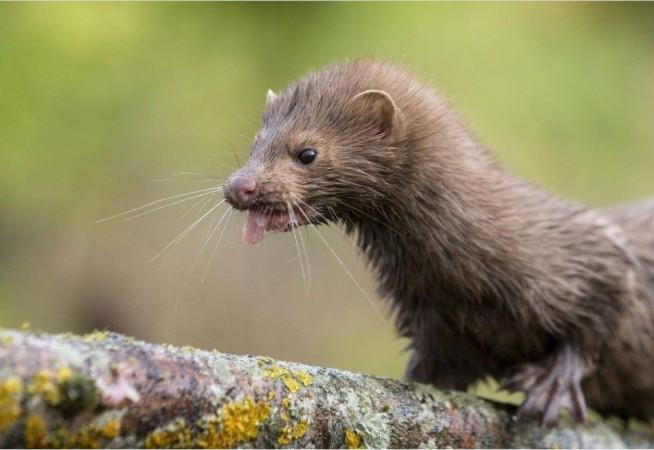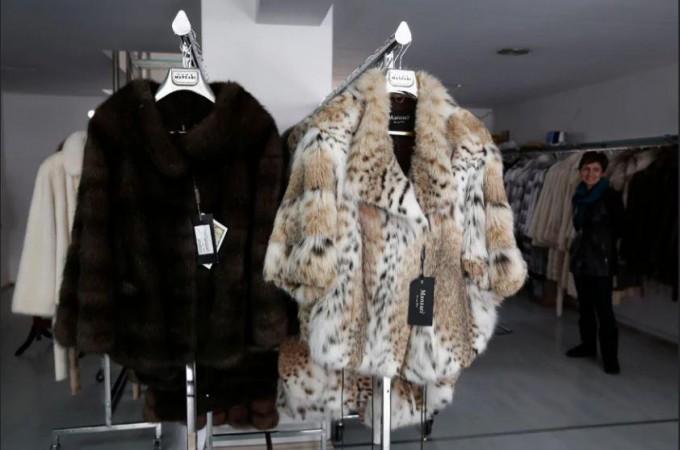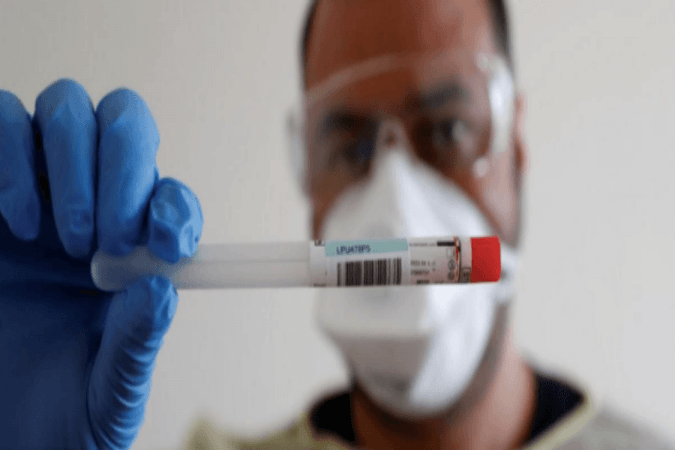
Spain has ordered the culling of over 1 lakh minks after 87 per cent of the farmed animals tested positive for the novel coronavirus. This comes after seven workers on the farm also tested positive for COVID-19.
The Department of Agriculture, Livestock and Environment of Spain's Aragon region said that it ordered the culling of 92,700 minks after farm workers tested positive and the animals were found to be infected with the virus.
Joaquin Olona, Aragón's Minister of Agriculture told reporters that while no conclusion can be drawn as to whether "it is human to animal transmission or vice versa," the decision to cull minks was taken"to avoid the risk of human transmission."
"No abnormal behaviour has been detected in the animals nor has there been an increase in mortality in them," Olona said. Semi-aquatic animals, minks are bred for their prized fur.

Mink farms shut after workers tested positive
In May, the department shut the farm after a worker's wife was tested positive for the coronavirus, and conducted a number of tests at random, which initially returned negative. But in the latest test that was conducted on July 13, results showed that 87 per cent of the minks were infected with the virus.
One possibility, the minister said, could be that the farmworker unwittingly transmitted the disease to the animals. Another unsubstantiated theory was that the animals passed on the disease to workers, BBC reported Mr Olona saying.
Denmark, Netherlands too culled minks
This is not the first instance of minks being culled for containing the spread of coronavirus. In May, Denmark and Netherlands slaughtered tens of thousands of minks after farmworkers there tested positive for coronavirus.
The Dutch government said that it had found two suspected cases of farmworkers contracting the virus from the animals.

"On the basis of new research results from the ongoing research into Covid-19 infections at mink farms, it is plausible that infection took place from mink to human," CNN quoted the Dutch government saying in a statement at the time. "It also appears from this research that minks can have Covid-19 without displaying symptoms."
Coronavirus contagious in certain animals
Though various studies are underway to find if animals can indeed infect humans and vice versa, studies have shown that the virus is contagious among certain animals, for example, cats and dogs.
In fact, the Dutch government in its investigation about coronavirus in minks found that cats may have played a role in the spread of virus between mink farms.
"Ongoing research shows the viruses at two of the infected farms are very similar," the statement from the Dutch government said at that time. Covid-19 was found in three out of 11 cats at one mink farm, it said.
In April, there had been reports of various animals contracting the virus. At least four tigers and three lions at a zoo in New York and a dog in Hong Kong had tested positive for the virus.
WHO acknowledges minks can infect humans with coronavirus
After the infection in minks came to light in May June and further investigation, the World Health Organisation (WHO) in June acknowledged that it could be the "first known cases of animal-to-human transmission" since the coronavirus first came to light in China in December 2019.
In a press conference in June, BBC reported WHO epidemiologist Maria van Kerkhove saying, "There were individuals who infected the minks, people who infected the mink and in turn, some of these mink infected some people".
Cautionary, WHO still recommends that people who are sick with COVID 19 or at high risk of contracting the virus should avoid handling animals. It advises that anyone who is caring for animals should practice basic hygiene measures like hand washing after handling animals, their food or supplies, as well as avoiding kissing, licking or sharing food.












